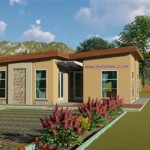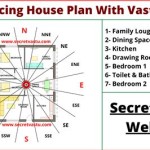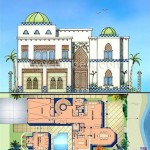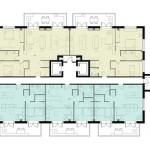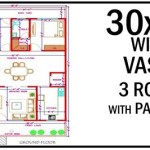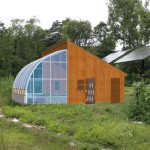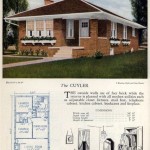Unveiling the Complexity of Huge Castle Floor Plans
Castles, towering symbols of power and history, have long captivated imaginations. Their imposing structures, encompassing sprawling grounds and intricate interiors, offer a glimpse into a bygone era. The floor plans of these grand edifices serve as blueprints, revealing the intricate design and functionality that allowed them to function as formidable fortresses and luxurious residences. Exploring the layout of huge castle floor plans provides insights into the lives of their inhabitants, the social hierarchy of the time, and the architectural ingenuity employed to create these enduring monuments.
The Inner Sanctum: The Keep and Its Function
At the heart of most castles lies the keep, a fortified tower serving as the last line of defense. This central structure, often circular or rectangular, was strategically placed to maximize its defensive capabilities. The keep's thick walls, sometimes reaching 10 feet or more in thickness, were reinforced with battlements, arrow slits, and portcullises. These defensive measures ensured the keep's safety and provided a refuge for the castle's lord and his family in times of siege.
Within the keep's imposing walls, a complex arrangement of chambers and spaces catered to the needs of its inhabitants. The lord's private chambers occupied a prominent position, typically on the upper levels, offering panoramic views of the surrounding terrain. Below, the keep housed storage rooms, kitchens, armories, and even stables. The intricate layout of the keep, with its strategic placement of rooms and passageways, reflects the careful planning and attention to security that characterized castle design.
Beyond the Keep: Exploring the Outbuildings and Courtyard
Expanding outward from the keep, the castle grounds encompass a diverse range of outbuildings. These structures, often connected by a network of courtyards and walkways, served a multitude of purposes. The great hall, a vast and imposing space, was the heart of the castle's social life. It hosted grand feasts, tournaments, and other gatherings of the castle's residents and guests.
Strategically placed around the courtyard, other structures included the chapel, offering a place of worship for the castle's inhabitants; the kitchens, responsible for preparing meals for the castle's large population; and the workshops, where artisans and craftspeople produced goods needed for daily life. The arrangement of these buildings and their proximity to the keep reflected the importance of social interaction and the need for efficient organization within the castle's enclosed space.
The Evolution of Castle Floor Plans: Adaptation and Innovation
The floor plans of castles evolved over time, reflecting changing architectural trends and the needs of their inhabitants. Early castles, such as the Tower of London, were characterized by their robust and simple layouts, focused primarily on defense. Later castles, like Château de Chambord, incorporated more elaborate floor plans, featuring spacious courtyards, grand staircases, and numerous chambers, showcasing a shift in focus toward luxury and comfort.
The integration of new technologies, such as the introduction of cannons, led to changes in castle design. Fortifications were adapted to withstand the power of artillery, resulting in the development of thicker walls, bastions, and other defensive structures. The evolution of castle floor plans is a testament to the ingenuity and adaptability of medieval architects and engineers.

Balm Castle House Plans Luxury Home

Large Castle Floor Plan

Castle House Plan 6 Bedrms Baths 9465 Sq Ft 116 1108

Castle Floor Plan Architectural Plans Skibo
European Flair Castle House Plans Houseplans Blog Com

Mansion Floor Plan Plans Luxury House

Neuschwanstein

One Story Castle Plan With Huge Master Bath How To Monster House Plans Luxury

What Is In A Set Of House Plans Mansion Floor Plan Castle

1377 751 Mansion Floor Plan Luxury Plans House

